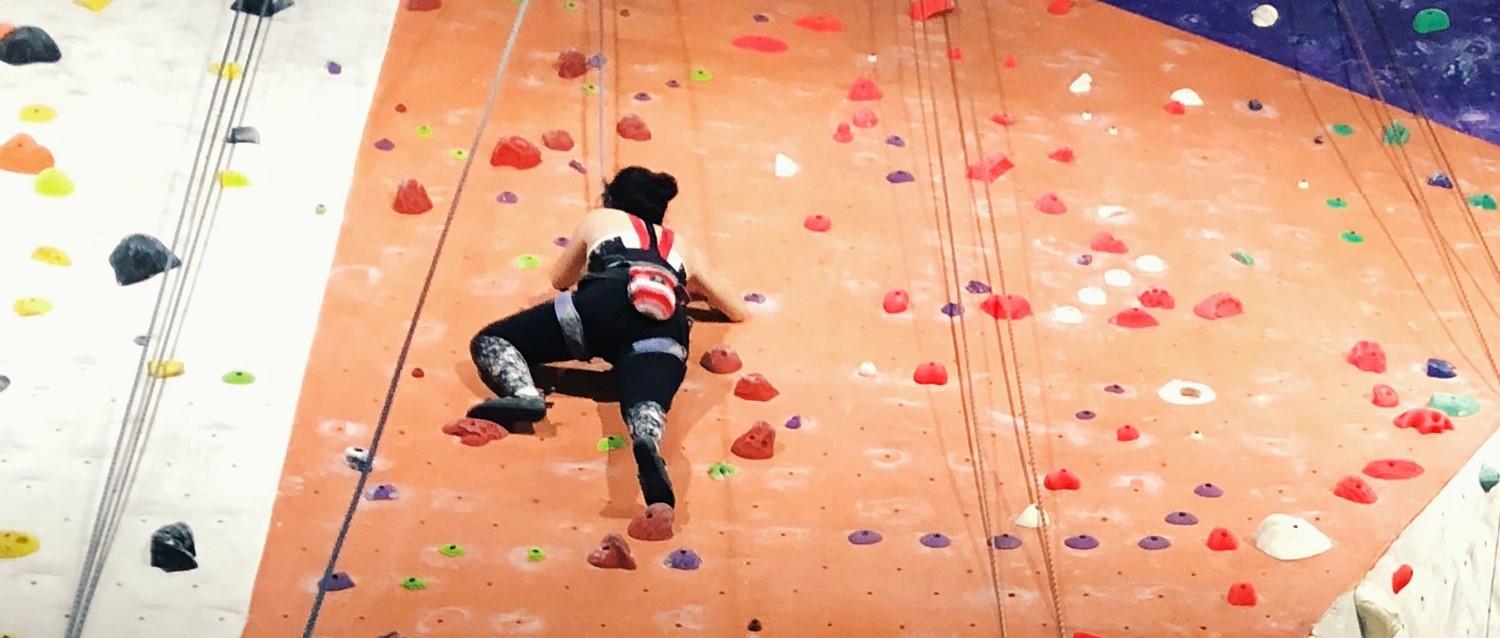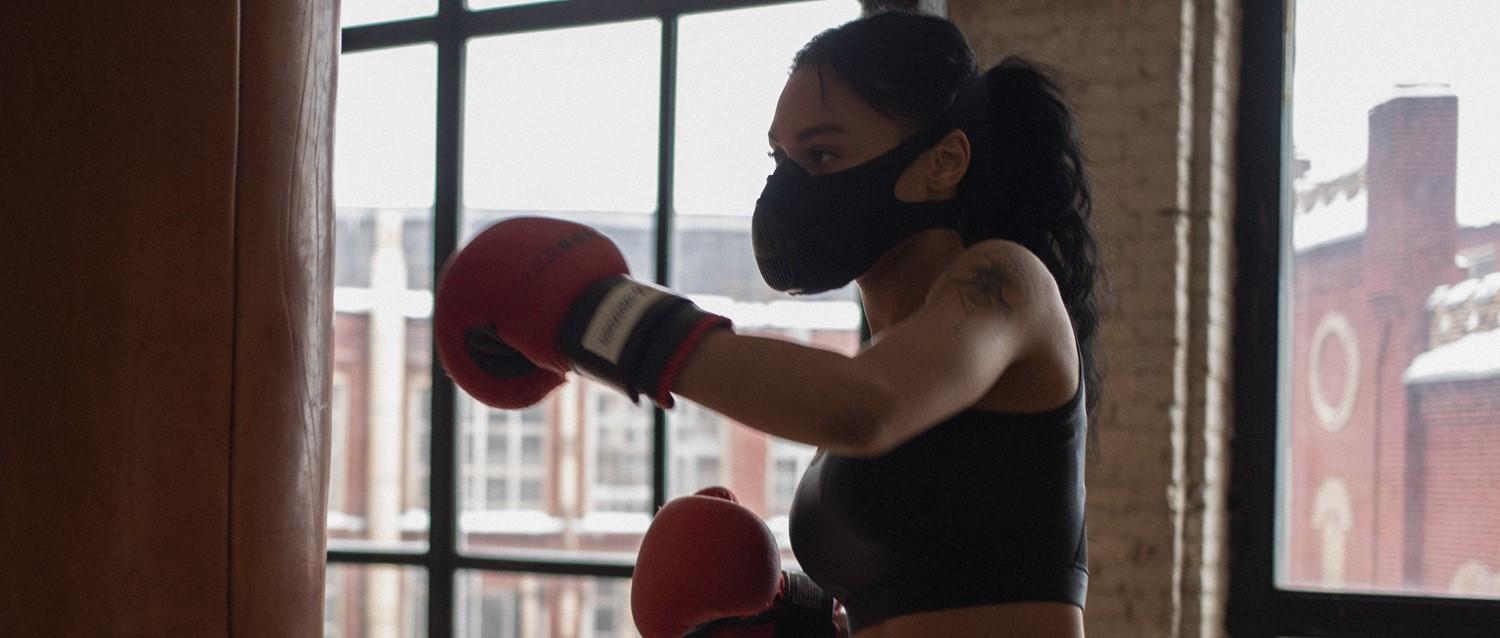
How to work out without feeling like you're exercising
Peer reviewed by Dr Sarah Jarvis MBE, FRCGPLast updated by Amberley DavisLast updated 15 Dec 2021
Meets Patient’s editorial guidelines
- DownloadDownload
- Share
- Language
- Discussion
For those of us who dislike exercise, staying physically fit and healthy can be a challenge. What if you could work out without feeling like you're exercising and without it taking time out of your daily routine?
In this article:
If the idea of carving time out of your day for exercise or seeing the inside of a gym fills you with dread, you're not alone. In Britain, 1 in 3 people feel unmotivated to exercise regularly.
We all know how important physical fitness is to our health, but lack of motivation means many of us are only exercising for one hour a week, or sometimes even less. The trouble is, a lot of us associate exercise with work (and hard work at that). To combat this mindset, we need to make physical activity fun, and choose workouts and fun exercises that we don't think of as exercise.
"Exercises that don't feel like exercise tend to fall into two categories: those that include hobbies, that you choose to do anyway (with improved fitness being an incidental benefit), and those that you can include in your daily routine, without having to schedule in a structured workout," advises personal trainer Laura Williams.
Continue reading below
Hobbies that keep you physically fit
Hobbies that incorporate physical activity are a great way of keeping fit and healthy while enjoying leisure time. Williams recommends the following activities.
Walking and hiking
Walking is often underrated as a form of exercise, yet just like running it is a good cardiovascular workout - increasing heart rate as your heart works harder to provide oxygen around your body. This improves heart health and helps to reduce the risk of heart conditions, such as coronary heart disease.
Walking is also good for your joints and posture. Although a workout of relatively low intensity, the calories you burn can help to prevent weight gain and associated health complications.
In fact, research comparing moderate-intensity walking and high-intensity running suggests that the energy used in both results in surprisingly similar risk reductions for several health problems:
Heart disease.
As hiking is more intense, tending to be longer in duration and involving steeper inclines, it will give you all of these benefits and more. Hiking on an incline (uphill) will strengthen your upper and lower leg muscles (your hamstrings, quadriceps and calves) and burn more calories which lead to larger muscles and less fat mass.
Dancing
If you enjoy dancing, you'll be aware that it uses a lot of energy which burns calories and helps to prevent excessive weight gain and is a fun way to exercise. It can be an effective full body workout, with dance moves of all kinds using and strengthening different muscles.
Regular dancing at moderate to high intensity is also a cardiovascular workout, improves your circulation and lowers blood pressure. It can also be good for your mental health if you're dealing with stress because following a dance routine can keep your mind preoccupied.
Gardening
It may not feel like exercise, but gardening qualifies as moderate cardiovascular exercise according to the Centers for Disease Control and Prevention (CDC). If you (literally) put your back into gardening work, you can reap the same health benefits.
Gardening can involve a range of manoeuvres that use lots of energy and strengthen different muscles. They include:
Weeding.
Digging.
Hoeing.
Lifting.
Raking.
Just 30-45 minutes of any combination of these moves (depending on your garden's needs, of course) can burn between 150-300 calories.
Skateboarding
Skateboarding is another hobby that provides a cardiovascular workout and builds muscle. The balance required while skateboarding means the body's core muscles (in your stomach and back) are constantly tensed which uses energy.
Certain back muscles, the obliques (along the side of your core), hip flexors, and quadriceps all get a workout during skateboarding manoeuvres and tricks. The more the tricks the better, as many involve a transfer of pressure to the core muscles.
Rock climbing
You can enjoy this hobby indoors as well as outdoors, as many UK cities now have indoor climbing walls. Rock climbing works out your entire body - the muscles in your forearms as you grip, your abdominal (stomach) and core muscles as you lift your legs to new positions, and your whole body as you propel yourself upward using your legs and arms. Alongside strength building, this hobby is also a cardiovascular workout.
Easy-to-include daily exercises
Almost one third of us claim we are too busy to set aside allocated exercise time. Aside from physically active hobbies, there are small exercises that we can incorporate into our daily rituals, from working at our desk to watching television.
"It's worth knowing that the cumulative effects of these easy-to-include exercises really do add up, and can benefit both fitness levels and muscle strength over time if done regularly and correctly," says Williams.
Seated leg raises
What: sit in your chair with outstretched legs, lean back slightly, raise your legs up, and hold for a few seconds before lowering.
Why: strengthens the lower and upper abdominal muscles, hamstrings, quadriceps, gluteal muscles ('glutes'), and hips.
Calf raises
What: stand up straight, push through the balls of your feet and raise your heels until they're off the ground, then lower slowly back to the start.
Why: strengthens your calf muscles (the gastrocnemius and soleus).
Buttock clenches
What: squeeze your glutes (the three muscles in your buttocks), hold for a few moments and release.
Why: strengthens your glutes (the gluteus maximus, gluteus medius and gluteus minimus).
Abdominal contractions
What: tense your abdominal muscles, hold tension for a few seconds, then breathe out.
Why: strengthens the muscles in your stomach.
Interval walking
What: alternate walking at an easy pace with intense short bursts of very fast walking.
Why: works out your heart and burns more calories in a shorter amount of time than regular walking.
Patient picks for Exercise and physical activity

Healthy living
Stay fit indoors: winter workout ideas you can do at home
With winter on the way, it can be tough to stay active outdoors. If you want to avoid gym costs and exercising in wet, chilly weather, we asked a fitness expert for some simple home workouts for the colder months.
by Victoria Raw

Healthy living
How to get over gym anxiety
From feeling unsure of how to operate gym machinery to fearing judgement from others, many of us experience gym anxiety. If you want to become a regular gym-goer, it's important to address these fears by retraining your mindset and taking small, achievable steps towards your fitness goals.
by Amberley Davis
Continue reading below
Article history
The information on this page is peer reviewed by qualified clinicians.
15 Dec 2021 | Latest version
15 Dec 2021 | Originally published

Ask, share, connect.
Browse discussions, ask questions, and share experiences across hundreds of health topics.

Feeling unwell?
Assess your symptoms online for free
Sign up to the Patient newsletter
Your weekly dose of clear, trustworthy health advice - written to help you feel informed, confident and in control.
By subscribing you accept our Privacy Policy. You can unsubscribe at any time. We never sell your data.